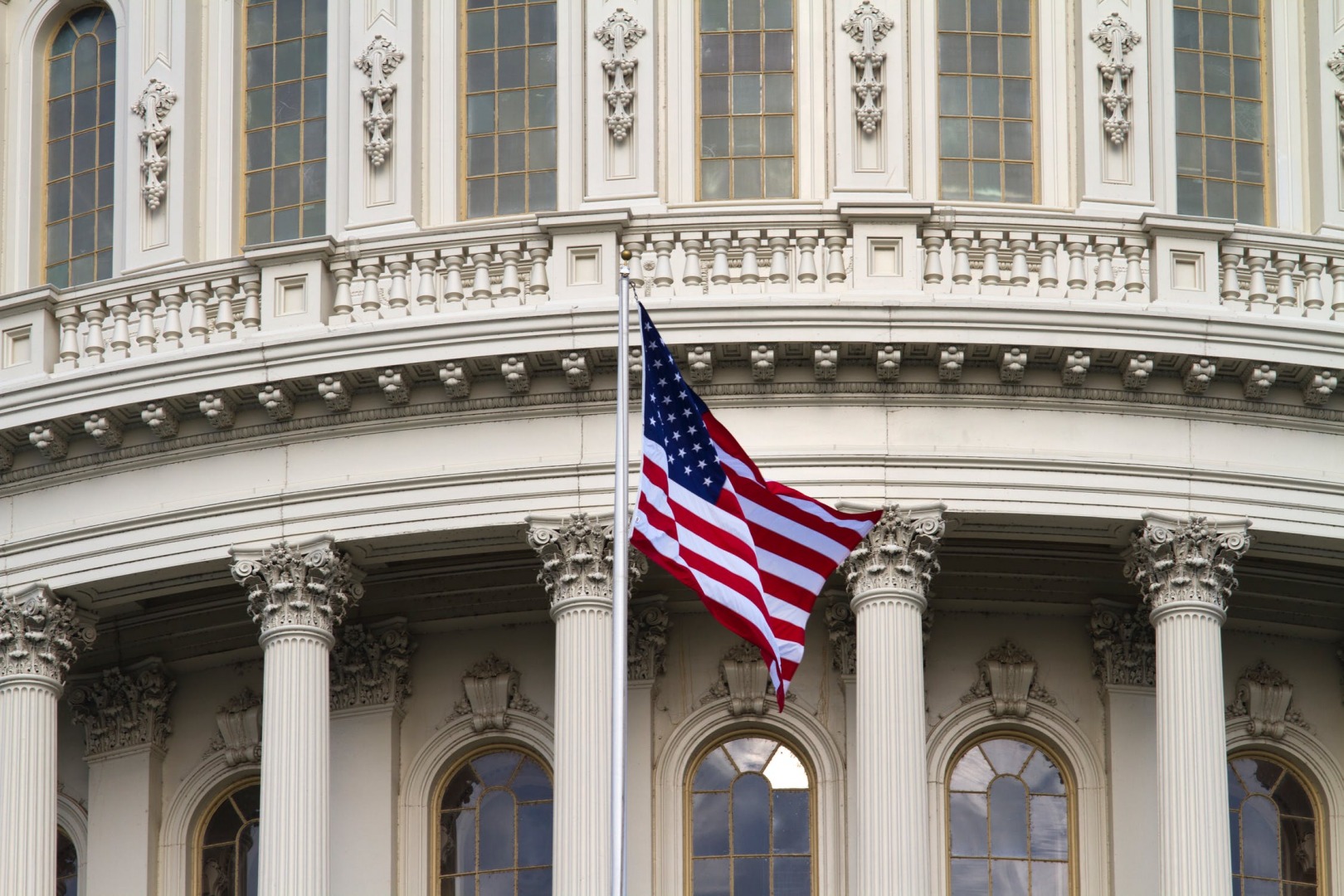Comments
- No comments found

In a legendary speech on May 25, 1961, President John F. Kennedy announced to a joint session of Congress the remarkable and ambitious goal of sending a man to the moon.
His famous words were, ‘I believe that this nation should commit itself to achieving the goal, before this decade is out, of landing a man on the Moon and returning him safely to the Earth.
No single space project in this period will be more impressive to mankind, or more important in the long-range exploration of space; and none will be so difficult or expensive to accomplish.’
When in 1960 he became the 35th president of the USA, John Fitzgerald Kennedy, was, at the age of 43, the youngest man ever elected to the presidency, the first born in the 20th century and the first Roman Catholic.
He came to office with a dynamic plan to end poverty and ignorance at home and to boost America’s prestige and standing abroad. By 1961 Kennedy felt that the USA had to catch up and overtake the Soviet Union in the ‘space race.’
The Russians had been the first to put a satellite into space and in April 1961 they were the first to put a man into space, Yuri Gagarin.
Kennedy knew that he was setting an enormous, costly and risky challenge. He stressed the importance and difficulty of the objective.
In 1962 he said, ‘We choose to go to the moon in this decade and do the other things, not because they are easy, but because they are hard, because that goal will serve to organize and measure the best of our energies and skills, because that challenge is one that we are willing to accept, one we are unwilling to postpone, and one which we intend to win.’
Kennedy’s goal was achieved on July 20, 1969, when Apollo 11 commander Neil Armstrong stepped onto the Moon's surface. It was less than six years after Kennedy’s tragic assassination.
Great leaders set demanding goals. At the time Kennedy gave his speech committing the USA to a moon landing, there had been no spacewalk, no docking in space and no lunar module had been designed.
It was a tremendous and uncertain undertaking. He did not underestimate the difficulty of the goal but he stressed to the American people that it was a matter of pride, ambition and security. He appealed to the pioneering heritage of the nation.
He was a visionary leader who galvanised a nation with brilliant speeches.
Paul is a professional keynote conference speaker and expert facilitator on innovation and lateral thinking. He helps companies improve idea generation and creative leadership. His workshops transform innovation leadership skills and generate great ideas for business issues. His recent clients include Airbus, Microsoft, Unilever, Nike, Novartis and Swarovski. He has published 30 books on lateral thinking puzzles, innovation, leadership and problem solving (with over 2 million copies sold). He also acts as link presenter at conferences and facilitator at high level meetings such as a corporate advisory board. He has acted as host or MC at Awards Dinners. Previously, he was CEO of Monactive, VP International of MathSoft and UK MD of Ashton-Tate. He recently launched a series of podcast interviews entitled Insights from Successful People.
Leave your comments
Post comment as a guest